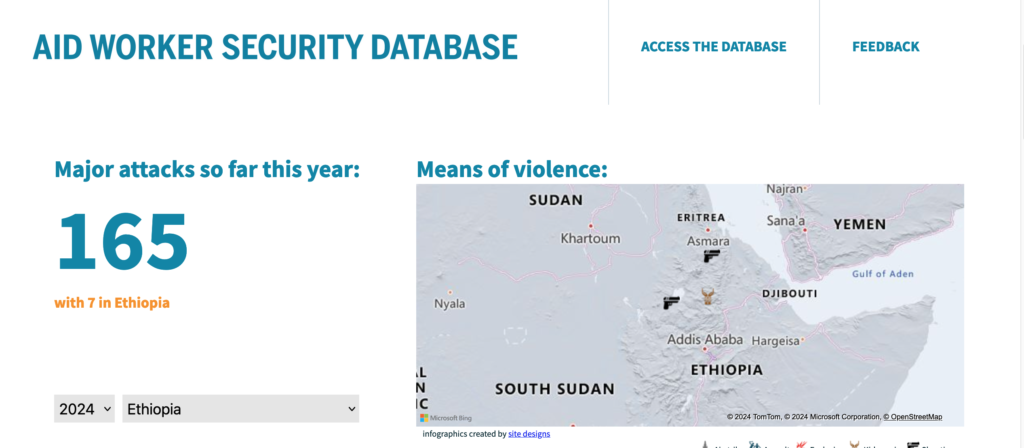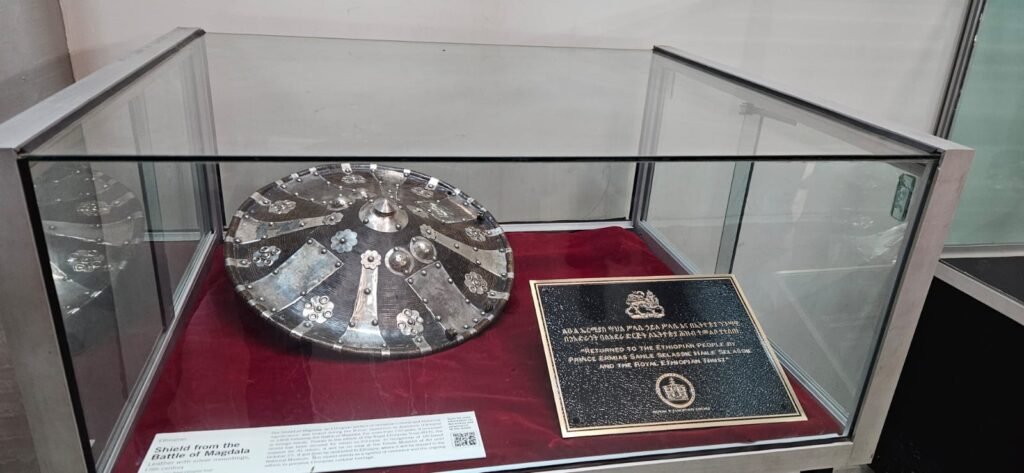
Photograph: Illustrated by The Times of Ethiopia
Many of the biggest private banks in Ethiopia have traded the US Dollar with 100 Birr in cash buying rate today.
Abyssinia, Dashen, Awash, Wegagen, and Nib banks are the ones that have traded the Dollar with around 100 Birr in cash buying rate and 106-113 Birr in cash selling rate when the state-owned bank, Commercial Bank of Ethiopia (CBE) has traded the US Dollar with 95 Birr in cash buying and 101 Birr in cash selling rate.
The US Dollar was traded with 57.4 Birr in cash buying rate earlier a week, on July 26, 2024, at CBE.
“I went to Merkato to buy basic goods, but the traders are not interested to sell goods. They fear that the importers and distributors may increase the price,” said a source to TOE from Addis Ababa.
“People are worrying about the future, and they are not free to speak out about the socioeconomic malaise in the city. There is a huge security forces presence, who terrorize the people and search individuals all of a sudden.”
Many shops around Merkato, Addis Ababa’s biggest open-air and mall-based market, have reportedly been closed by authorities because of allegedly hoarding goods.
For the government, the market-based FX is part of the macroeconomic reform. However, many developmental economists dismayed the government’s decision, saying that “a market-based foreign exchange regime is mainly determined by the ability to supply goods and services of that specific country and the demand of importing countries.”
They claim that the ongoing war in the largest part of Amhara and Oromia regions as well as conflicts in different parts of the country will not result in attracting the FDI, rather the market-based FX will bear hyperinflation and severe economic crises.
The government decision came right after the International Monetary Fund (IMF) insisted the government to open the economy and liberalize the FX market during the long-standing negotiations aimed at securing a $10.5 billion bailout in exchange.





